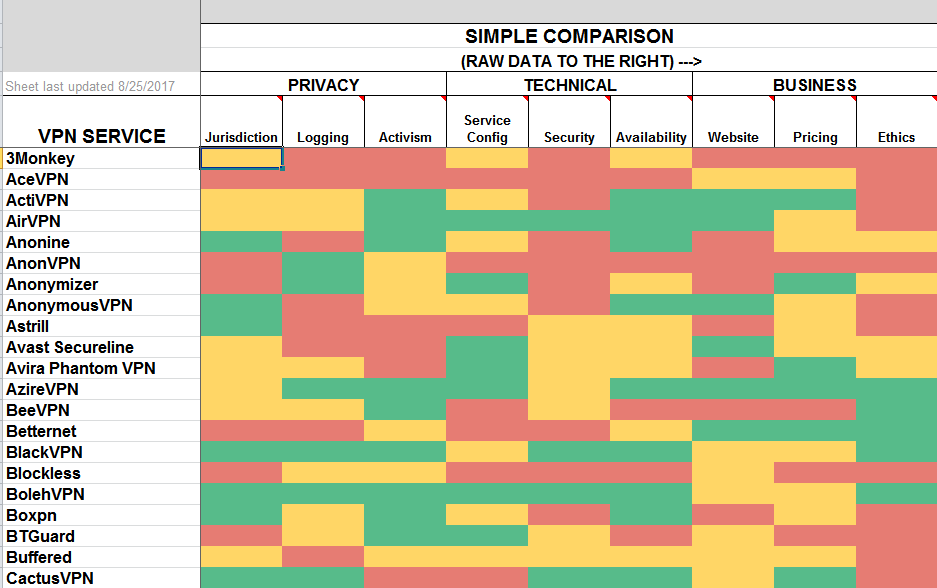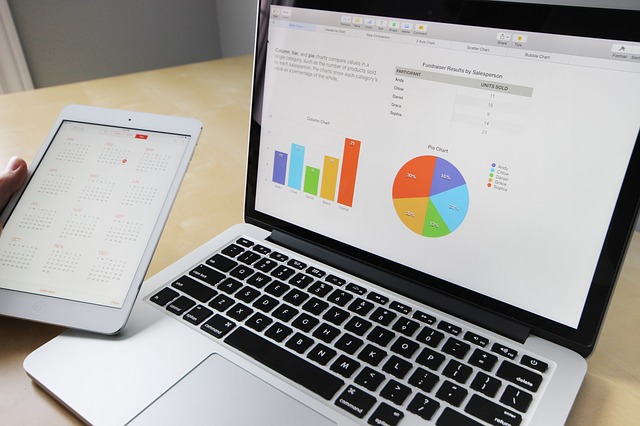Lot of people says, “I’m using a VPN, i protect my identity on internet”, yes on the public internet, but not completely unfortunately.
So What is a VPN? VPN stands for “Virtual Private Network.” It enables a computer to send and receive data across shared or public networks as if it is directly connected to the private network—benefiting from the functionality, security, and management policies of the private network.
What is a VPN Good For?
You can use a VPN to connect to the corporate intranet at your office while you’re traveling abroad, while you are at home, or any other time you are out of the office.
You can also use a commercial VPN to encrypt your data as it travels over a public network, such as the Wi-Fi in an Internet café or a hotel.
You can use a commercial VPN to circumvent Internet censorship on a network that blocks certain sites or services. For example, some Chinese users use commercial VPNs to access websites blocked by the Great Firewall.
You can also connect to your home network by running your own VPN service, using open-source software such as OpenVPN.
What Doesn’t a VPN Do?
A VPN protects your Internet traffic from surveillance on the public network, but it does not protect your data from people on the private network you’re using.
If you are using a corporate VPN, then whoever runs the corporate network will see your traffic. If you are using a commercial VPN, whoever runs the service will be able to see your traffic.
A disreputable VPN service might do this deliberately, to collect personal information or other valuable data.
The manager of your corporate or commercial VPN may also be subject to pressure from governments or law enforcement to turn over information about the data you have sent over the network.
You should review your VPN provider’s privacy policy for information about the circumstances under which your VPN provider may turn your data over to governments or law enforcement.
You should also take note of the countries in which the VPN provider does business.
The provider will be subject to the laws in those countries, which may include both legal requests for your information from that government, and other countries with whom it has a legal assistance treaty. In some cases, the laws will allow for requests without notice to you or an opportunity to contest the request.
To know more about the VPN provider please take a look at the VPN provider COMPARISON Sheet:
That One Privacy Guy’s VPN Comparison Chart
Also, please note that the VPN provider may still collect your IP address when you use their service, which can be used to identify you, even if you use an alternative payment method. If you would like to hide your IP address from your VPN provider, you may wish to use Tor when connecting to your VPN.
Source : Choosing the VPN That’s Right for You
Sources: That One Privacy Web Site





